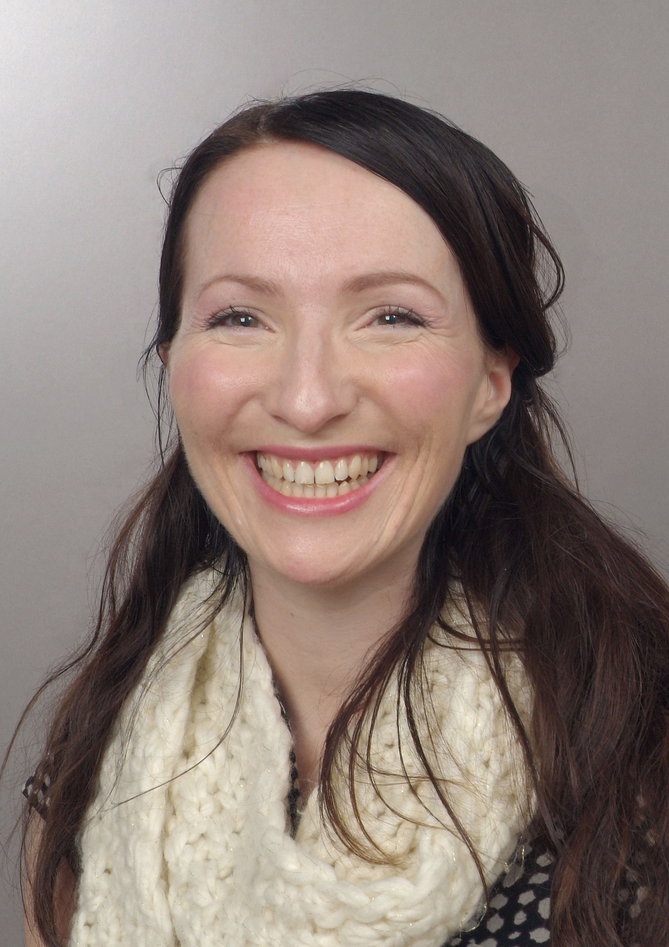Mobility grant to CCBIO postdoc
Close to a billion NOK is distributed through Fripro funding this year, among other to young researchers and as mobility grants. Cancer researcher and CCBIO postdoc Agnete Engelsen at the Department of Biomedicine is one of the supported young talents.

Main content
This is reported in an På Høyden article December 8th.
In all 32 grants for young researcher talents and 10 mobility grants is distributed in the fields of medicine, health and biology (FRIMEDBIO) and mathematics, natural science and technology (FRINATEK). Seven of these go to UiB researchers. On average, the young researcher talents receive 7.5 million NOK, whereas the mobility grants amount to about 3.3 million.
Surprised winner
When På Høyden phoned to talk to Agnete Engelsen, there was a slightly shocked voice at the other end.
"Is it true? Have I received the grant?"
Engelsen, who was in London at a course, had trouble holding back the tears when she realised she had received the grant.
"I had not heard anything yet, so I thought I wasn't among the chosen ones."
It is obvious that the grant means a lot to the young cancer researcher.
"I am quite moved right now. I feel so strongly for this research. The grant gives me the opportunity to go to the very best in the world in this field, and learn the methods that are necessary to make progress, and I'll get valuable experience to take back home. In the long run this may be of great importance to cancer patients. When you have such great faith in what you do, it means a lot to get the funding to be able to go on with your work", Engelsen says.
Better effect of immune therapy
Engelsen's work is focusing on understanding how epithelial plasticity, that is, that cancer cells are able to change both the shape and characteristics as a result of stress and changing environment around cancer cells, can contribute to making cancer cells resistant to treatment. She and her colleagues aim to identify how this ability to constantly change according to needs and stress in cancer cells' neighborhood, makes cancer cells less susceptible to attacks from immune cells.
"We have just experienced a revolution in cancer treatment, and new drugs that can activate the immune system to attack cancer cells are now available for the patients. Still, the new drugs seems to work only for a limited number of patients, and we still work to understand much of the complex interaction between cancer cells and immune cells. There are great hopes tied to activating the immune system to attack cancer cells, both regarding new drugs and improved combinations with traditional cancer treatment. Nevertheless, we still have a long way to go to find out why this does not work on all patients," Engelsen explains.
Will do research in Paris
The mobility grant allows researchers to stay two years at a research institution abroad, and one year at the home institution. Engelsen is planning to go to the cancer center Gustave Roussy in Paris, to learn new methods.
"Our collaborative partners at the Gustave Roussy have very good models to study this in detail. In our future research, we want to map these mechanisms and find new points of attack in the cells. A fundamental understanding of the complex biology is utterly crucial to make further progress in the clinic, and our goal is that what we do will be of great benefit to the cancer patients."
Our sincere gratulations to Agnete!
